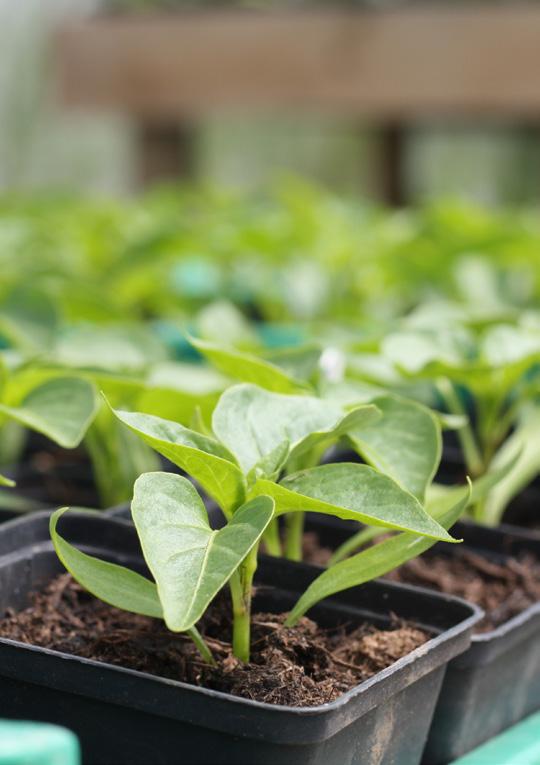© Ripitya/shutterstock.com
Supporting destruction – supermarkets and fast food companies are bankrolling environmental collapse
In spite of the multiple harms for which it is responsible worldwide, the industrial meat sector is propped up by supermarkets and fast food companies. Though they have long-standing commitments to remove deforestation from their supply chains,30 Western food retailers are still buying meat reared on South American soya.31 In fact, soya has been identified as the number one contributor to the EU’s deforestation footprint32 and is a leading component in the UK’s land-use footprint linked to meat production and consumption.33 Furthermore, most of the major UK supermarket chains and many fast food companies source UK-produced meat from JBS’s UK subsidiaries34 Moy Park35 and Tulip,36 which have about 30% of the UK market share for chicken and pork respectively.37 Moy Park reportedly also supplies Burger King, KFC, McDonald’s, Nando’s and Pizza Hut,38 while Tulip received a supplier award from McDonald’s in 2017.39 Moy Park itself has been fined for a range of infractions, including animal cruelty,40 underpayment of staff41 and unsafe processing plant working conditions.42 Whether or not these companies have any supply chain links to Amazon beef or soya, Moy Park and Tulip are owned by JBS, whose continued trade with suppliers linked to deforestation and human rights abuses is jeopardising the Amazon. The globalised industrial meat economy is beyond reform – most of its environmental and social impacts are intrinsic to the way it operates and is organised. Thus, it is futile to hope that simply switching to a better industrial supplier will help the problem to go away. That is why Greenpeace International is calling on supermarkets and fast food chains to join with
22 May 2019, London: Fast food consumption in the UK. ©Chris J Ratcliffe/Greenpeace
government and civil society in a concerted effort to move our society beyond its dependence on industrial meat and towards a revolution in food production and diet that will improve individual health outcomes while securing the future of the planet – its climate, its wildlife and its people. Such fundamental change will not happen overnight, but food companies can take a step in the right direction by showing suppliers they will not support such destructive practices – starting by
17 October 2017, Rondônia, Brazil: The Karipuna territory has one of the highest rates of deforestation of all Indigenous areas in the Amazon. ©Tommaso Protti/Greenpeace
dropping all suppliers owned by JBS, the largest meat company in the world, which is still slaughtering the Amazon. Beyond that, the transition to a resilient food economy in a high-consumption country such as the UK must aim at rapid reductions in per capita meat and dairy intake.
3


















